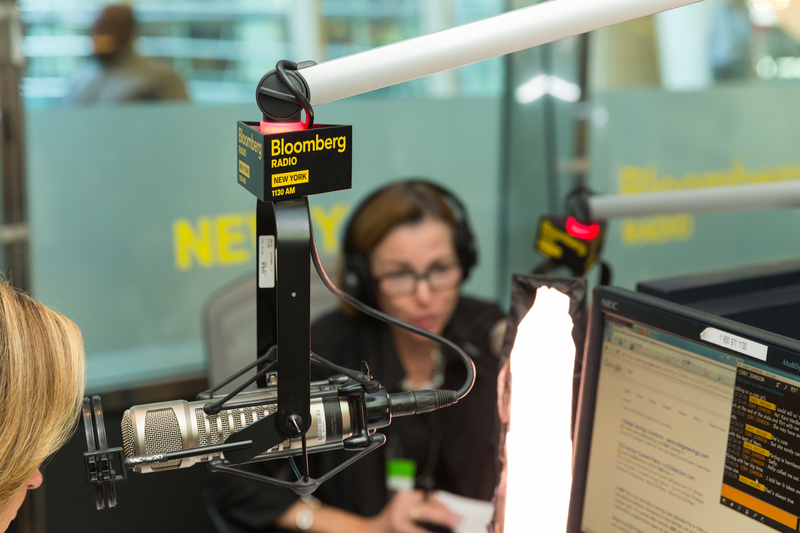
In today’s competitive marketplace, companies are working harder than ever to stand out to consumers and are making this happen by investing in creating a customized, feel-good user experience and thoughtful design, no matter what the product is. Many successful companies are even taking this new economic imperative further and putting user experience (UX) and design at the core of the way they operate by instilling this “design thinking” into their employee culture. That means a human-centered approach that addresses the consumer and employee first, above all else.
In 2017, experts predict that more UX specialists will be hired, and not just web designers but also psychologists, physiologists, anthropologists, and researchers to work with people to design meaningful interactions.
Bentley University joined Bloomberg Radio’s Carol Massar and Cory Johnson along with guest experts, to address how universities are preparing students with right mix of skills to succeed, what user-centered companies are looking for when hiring new graduates, and how much the field of UX has changed over the past few decades.
Universities need to do their part to prepare students for this new economy
College level curricula should combine business and arts and sciences to give students the technical skills they need to for example, create user-friendly websites, coupled with the communications skills needed to understand and empathize with the users themselves. Students should graduate knowing how to create meaning from data, present compelling stories to executives or peers, and collaborate with teams in order to be able to make an immediate impact at their respective companies.
-Gloria Larson, president, Bentley University
When real companies come to the classroom, everyone benefits
Academic programs should engage with companies so they bring real-world problems directly to students in the classroom. This gives students the best possible learning experience and offers companies real solutions at the same time. Higher education needs to codify practice and credentialing the professionals of tomorrow.
-Bill Gribbons, director of the Masters in Human Factors in Information Design, Bentley University
[[{"fid":"38501","view_mode":"default","fields":{"format":"default"},"type":"media","attributes":{"alt":"Bentley MS Human Factors in Information Design: Overview","class":"media-element file-default"}}]]
Successful companies don’t care about the masses, they keep it narrow
CEOs who “get it” are constantly asking themselves and their employees “why will our customers care about this?” and “which customers will care about this?” They know that often it’s a narrower, repeat base of customers who will give them the most bang for their buck. This means shifting away from marketing to a mass audience and instead, offering the right individuals a bespoke experience that’s “just for them.”
-Nancy Dickenson, user experience and management consultant, Dickenson LLC
Recent graduates should look to work for a company whose product they believe in
As students approach graduation, they shouldn’t just think about whether or not they want to work for a start-up versus a large company, but rather, is the company creating a great product that s/he wants to see in the world. On the flip side, the most important thing an employer can do is build that great product and help employees understand it’s true mission so they feel invested and will do their best work.
-Ben Huggins, senior interaction designer, YouTube
Learn more about Bentley's partnership with Bloomberg Radio.

